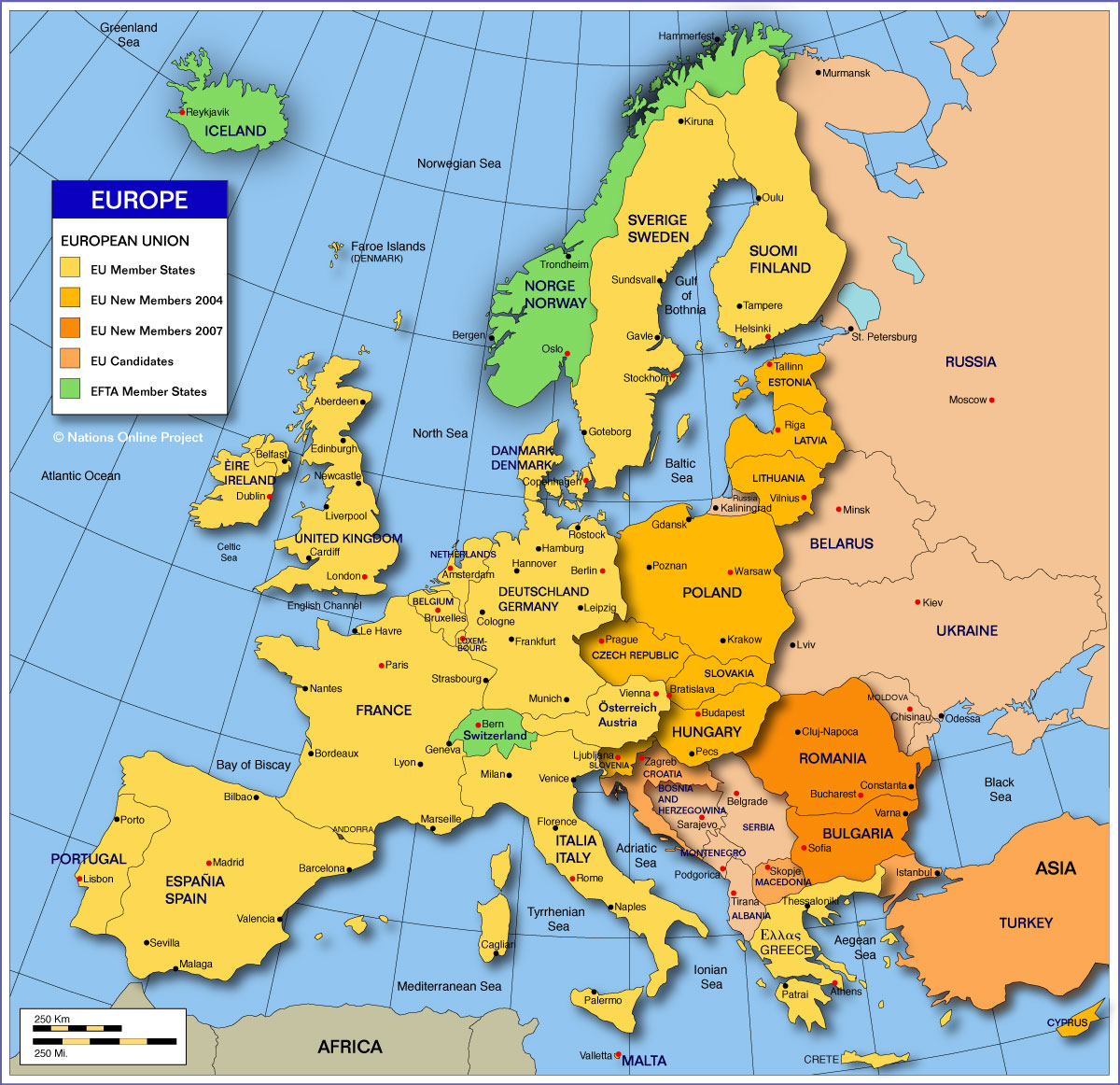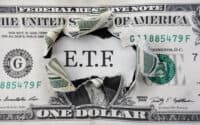There was no good news out of Europe today, which makes it like most days over the past two months. On top of labor strikes due to austerity, changes in leadership of some countries based on new elections and troubling GDP data, new Markit research shows that European purchasing managers index reached a 34-month low of 45.9. Markit reports that there were “Production declines across big-four economies for first time in the year-to-date.”
As he reviewed the data, Chris Williamson, chief economist at Markit, said:
Manufacturing in the Eurozone took a further lurch deeper into a new recession in April, with the PMI suggesting that output fell at worryingly steep quarterly rate of over 2%.
Although several of the weakest national economies suffered very large PMI drops, the most troubling data came from Germany. Its PMI reached a 33-month low of 46.2, which puts it back to mid-recession levels. The demand for German manufactured goods has fallen off a cliff. Since so much of this demand comes from among its neighbors, the trend could easily worsen. The fall-out from the German problem also could hurt employment, which fell for the first time since March 2010.
More expected, but nearly as worrying, is that PMI data from Spain, Greece and Italy showed multimonth lows as well. The most immediate effect of the news is likely to be on Spain’s fortunes with global capital markets investors. These investors already have been spooked by Spain’s 24% unemployment rate and the fact that the nation’s economy has slipped back into recession. The PMI information should raise Spain’s borrowing costs again and take it closer to the need for a bailout.
The Markit data showed that Spain actually has two problems. One of these is a rise in the cost manufacturers must pay for goods:
Operating conditions in the Spanish manufacturing sector deteriorated sharply again in April. New orders fell at a substantial pace, while the rate of contraction in output accelerated. Spare capacity led to further reductions in backlogs of work and employment. Meanwhile, firms lowered output prices in the face of strong competitive pressures and weak demand, despite robust input cost inflation.
The collapse of Spain is complete, and it looks like the balance of Europe is headed in the same direction.
Douglas A. McIntyre
Get Ready To Retire (Sponsored)
Start by taking a quick retirement quiz from SmartAsset that will match you with up to 3 financial advisors that serve your area and beyond in 5 minutes, or less.
Each advisor has been vetted by SmartAsset and is held to a fiduciary standard to act in your best interests.
Here’s how it works:
1. Answer SmartAsset advisor match quiz
2. Review your pre-screened matches at your leisure. Check out the advisors’ profiles.
3. Speak with advisors at no cost to you. Have an introductory call on the phone or introduction in person and choose whom to work with in the future
Get started right here.
Thank you for reading! Have some feedback for us?
Contact the 24/7 Wall St. editorial team.



